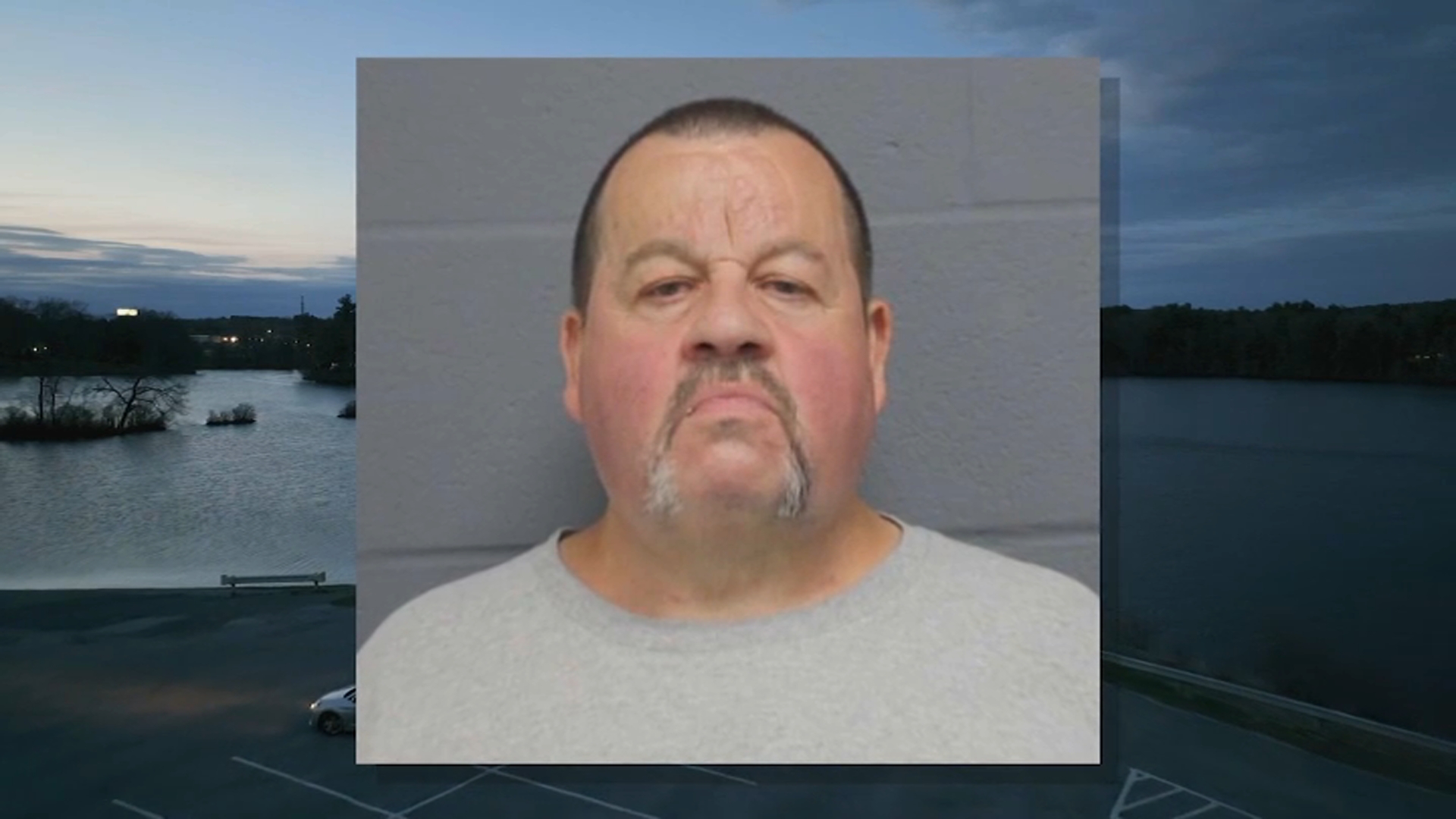What to Know
- Boston Mayor Marty Walsh said the city plans to expand the police body camera program
- A report on the city's pilot program was released Thursday, finding the cameras have positive benefits
- The city said it is engaging in conversations with the police unions
More Boston police officers will wear body cameras after the city's mayor announced he is expanding the program following the release of a report that found a pilot program generated "meaningful benefits" between encounters of officers and residents.
Mayor Marty Walsh said Boston Police Department's pilot body camera program will be expanded through a "phased-in approach" and that city officials are working with police unions on the matter after a Northeastern University report found that officers who wore body cameras received fewer complaints and had fewer use of force reports.
"Boston is a model city in our nation for having strong police-community relations, and our goal is to continue building trust and positive relationships between law enforcement officers and community members," Walsh said. "This study shows the potential value that body cameras can have as part of our overall strategy for strengthening ties between law enforcement and the residents they serve."
"To me, the police officers will be on good behavior, which they should be, but it's hard dealing with the public. I understand that," said Boston resident Robin Wilkerson. "It protects both the public and the officer."
Outgoing Boston Police Commissioner William Evans said the study shows "there is positive impact in the use of body cameras."
At an afternoon news conference, Evans discussed the result of the year-long study.
"The results, for the most part, show the officers who wore them had approximately 15 less complaints than the ones that didn't. And there were nine less uses of force of the officers wore them," said Evans.
He said he believed that Walsh will go forward with the body camera program based on the report.
"The good thing is, looking at the report, we don't have a major issue with the use of force with our police department," said Walsh. "We don't have a whole lot of civilian complaints. But I think clearly we're seeing over the course of the year, both the officers have as well as people in the neighborhood, seen the positive results of the camera study."
Evans praised the benefits despite initial pushback from union officials.
Local
In-depth news coverage of the Greater Boston Area.
"I think we've seen the merits that it's good to have a camera on whenever we have a disputed incident, but we've also used them in gang investigations. We've used them in court. I think the officers have really grown to know that it can be an effective tool for them," Evans said.
The commissioner says the cameras can help de-escalate encounters when people know they're rolling, and that the cameras make things more transparent.
"It's their word against the individual's word," said Boston resident Cleiton Lobo. "So if there's a camera, then we get to know what really happened, you know what I mean? There's no lying in-between."
Boston Police Superintendent-in-Chief William Gross, who will be sworn in as the city's new police commissioner next week, said he looks forward to the opportunity to lead his officers in adding the program to the community policing strategy.
A $2 million investment in the city's 2018 budget based on preliminary results from when the pilot program ended in September 2017 will cover start-up costs, including the purchase of up to 400 cameras, according to city officials. Program costs for the first three years are estimated at $8.5 million.



